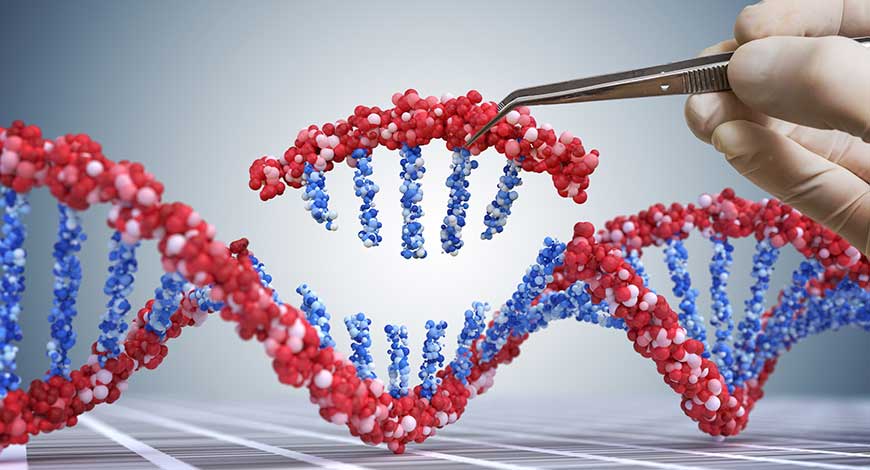A groundbreaking gene therapy is being hailed as a “medical magic wand” for individuals grappling with a hereditary disorder causing painful and potentially life-threatening swelling. In the first human trial, participants experienced a remarkable improvement in symptoms, with many finding relief from long-term medication and reclaiming a sense of normalcy in their lives.
Dr. Hilary Longhurst, the lead investigator at Te Toka Tumai, Auckland City hospital, shared that the single-dose therapy seems to offer a lasting cure for the “very disabling symptoms” of hereditary angioedema (HAE). This rare genetic disease, affecting around one in 50,000 people, triggers leaky blood vessels, resulting in unpredictable swelling episodes in various body parts.
These attacks, which can occur as frequently as twice a week, bring about limitations in daily activities, and the impact on facial features can be emotionally challenging, often confining individuals to their homes. In severe cases, throat swelling can lead to suffocation and even death.
Cleveland, a trial participant, has been free from attacks since undergoing the therapy 18 months ago. He describes experiencing a radical improvement in both physical and mental well-being, highlighting the challenges of living with the constant fear of severe attacks.
Judy Knox, a nurse in New Zealand who also took part in the trial, likened the therapy to a “medical magic wand,” transforming her life by eliminating severe abdominal swelling and other debilitating symptoms.
This innovative therapy, crafted using Crispr, a Nobel prize-winning gene editing tool, involves infusing patients with “nanolipids” to knock out the kallikrein gene in liver cells. This process prevents the overproduction of bradykinin, a protein responsible for leaky blood vessels and swelling.
In a small phase-one trial conducted across the UK, New Zealand, and the Netherlands, ten patients received this groundbreaking treatment. The results, published in the New England Journal of Medicine, showcase transformative effects, with larger trials already underway. Despite these promising results, the availability of this therapy remains uncertain due to the substantial costs associated with one-shot gene therapies.
Dr. Padmalal Gurugama from Cambridge University hospital expressed enthusiasm about the transformative impact on patients’ lives, with one individual experiencing no attacks for 18 months without the need for medication. Larger clinical trials are deemed necessary, and while the therapy holds the potential for a cure, the financial considerations may limit accessibility in various healthcare systems worldwide.















































